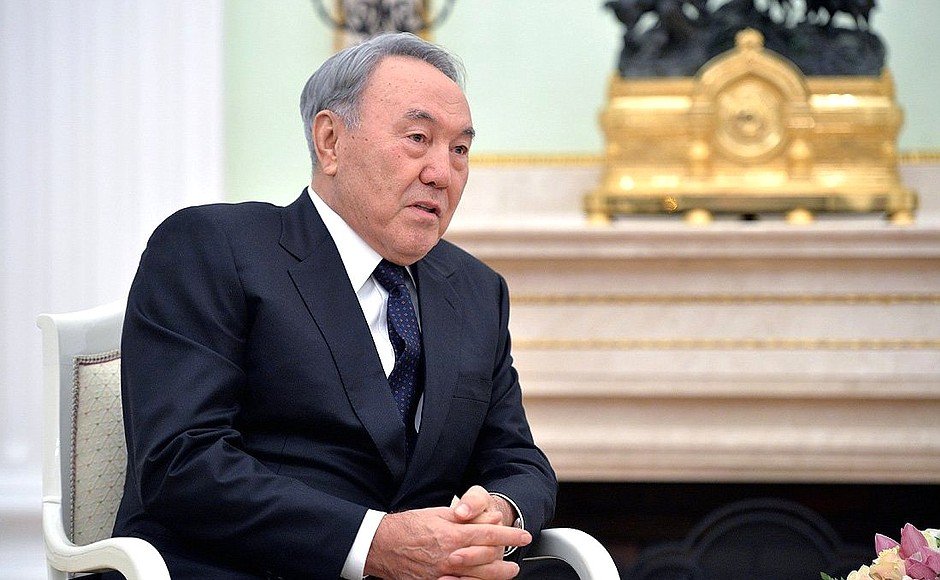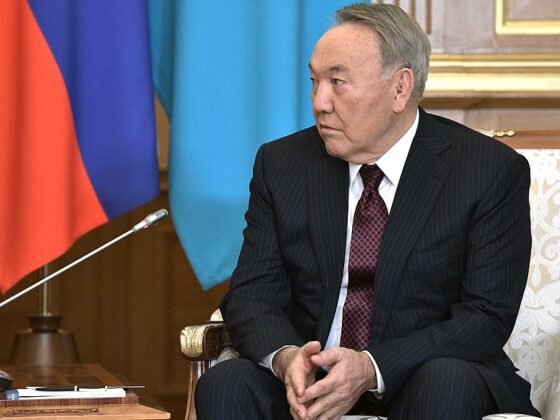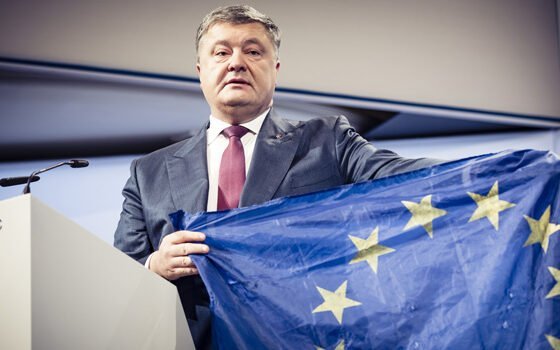(RFE/RL) Having ruled Kazakhstan with an authoritarian grip since the 1980s, President Nursultan Nazarbaev shocked many when he unexpectedly announced his resignation on March 19.
“This year marks the 30th anniversary of my term as the supreme leader of our country,” Nazarbaev said during a hastily arranged nationwide address. “[But] I have made the difficult decision to resign as president of the Republic of Kazakhstan.”
Nazarbaev is credited by many with turning Kazakhstan — the world’s ninth largest country — into an energy powerhouse during his long reign, but strongly criticized for trampling upon democratic norms and freedoms while brutally suppressing all opposition to his rule. […]
Erica Marat, an associate professor at Washington’s National Defense University, thinks Nazarbaev’s presence will be felt in Kazakhstan for some time.
“He will remain a central political figure until the end of his days,” she told RFE/RL. “His cult is likely to live for decades as well, with future leaders building their legitimacy on the notion they continue building on the legacy of Nazarbaev.” […]
“It was both long anticipated and an abrupt change at the same time,” Marat said. “Nazarbaev has been considering various options for power transition and has chosen one that will allow him to oversee the succession process and normalize the idea that Kazakhstan can also be ruled by a leader other than himself.” […]
“But the opposition has been weakened by Nazarbaev and no political debate has been allowed [under his rule], so…no strong reserves of opposition forces exist in Kazakhstan or outside the country that could gain significant popularity in the population,” she said. […]
Read More © RFE/RL
Also see Erica Marat quoted in: Kazakhstan president steps down after 29 years, Eurasia Times.











